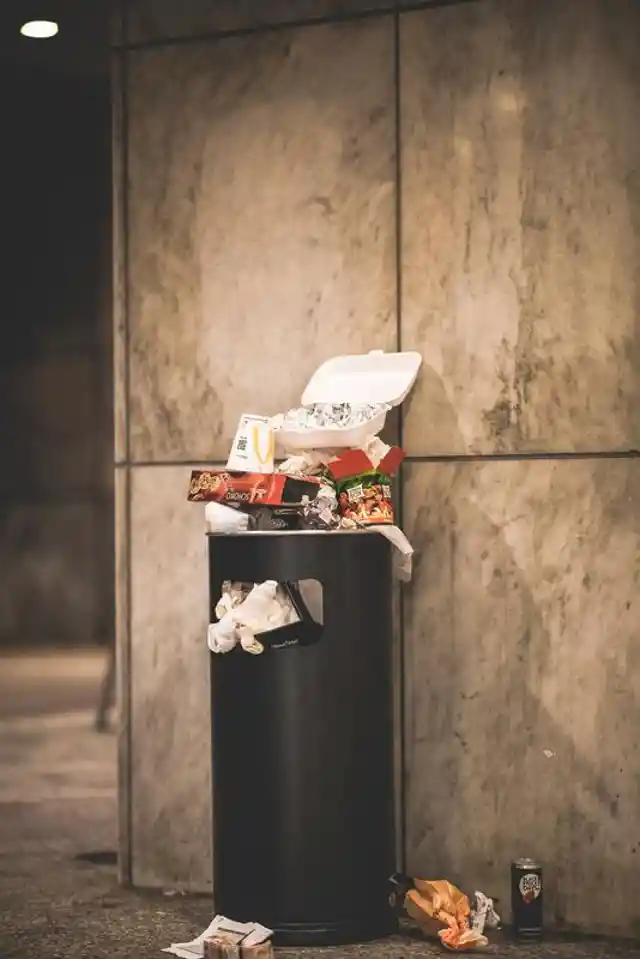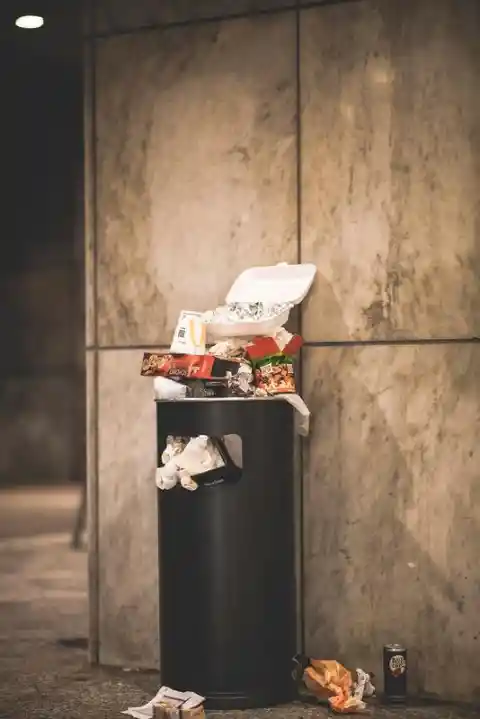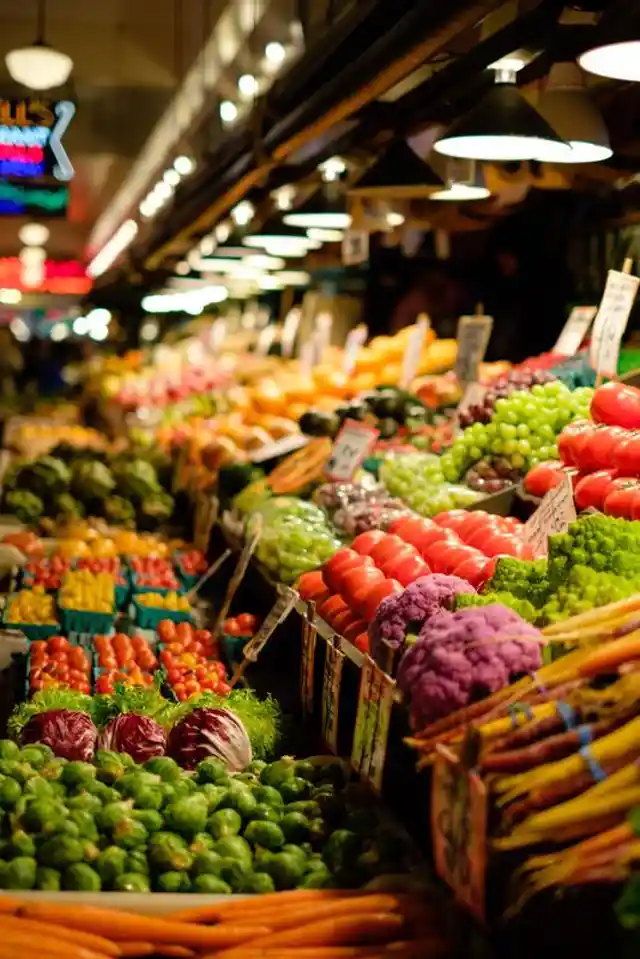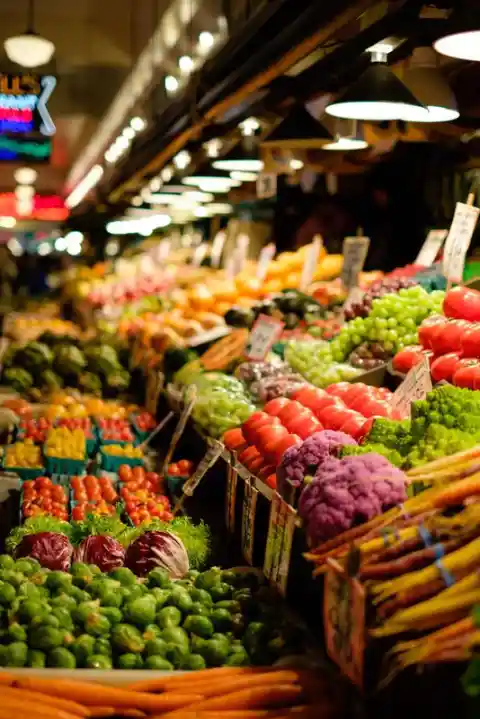1.6 billion tons of food go to waste around the globe every year. According to the UN, if global food waste could be reduced by just a quarter, there would be enough to feed everyone on earth. Luckily, food waste is a solvable problem if consumers, businesses, farmers, and governments join together. Many notable tech companies have creative ways to solve the food waste crisis.


Apeel
Food manufacturers have been waxing their fruits and vegetables to improve shelf-life since the 1920s. But Apeel has taken this concept to another level. Apeel’s edible, invisible coating is made from wasted agricultural products like grape skins. Apeel’s coating extends the shelf life of fruits and vegetables by five times! This is an encouraging technology for farmers in developing countries where getting the produce to the market before it spoils is the main cause of food waste. But even in the Western world, if the product performs as promised, it could massively impact food waste in restaurants, supermarkets, and homes.
Full Harvest
Over 9 million tons of “decaying” produce go to waste in the U.S. alone every year, rejected by stores because consumers prefer flawless-looking produce. Full Harvest is redeeming that waste by building the first B2B marketplace where growers can connect with food companies to offload their imperfect or surplus produce. Buyers of the less desirable goods can save up to 40% compared to traditional distributors!


Hungry Harvest and Imperfect Produce
These are two companies on the front line of saving “rotten” fruit and vegetables from going to waste. Active in the US, they take a direct-to-consumer approach by delivering food boxes of imperfect produce to less critical subscribers. Imperfect Produce claims to have rescued over 18,000 tons of food and 1.2 billion gallons of water.
Hazel Technologies
Intended fruit producers, Hazel Technologies’ little sachets release a chemical called 1-MCP, a potent plant hormone that sends a strong signal to fruits that it is not yet time to ripen. Producers need to toss a Hazel sachet into a box of their fruit. Over three weeks, this small sachet then lets off a safe chemical that slows down the ripening process. Given that around 45% of all fruit grown goes to waste, a technology that allows more time to produce to get to the market could have a considerable impact!